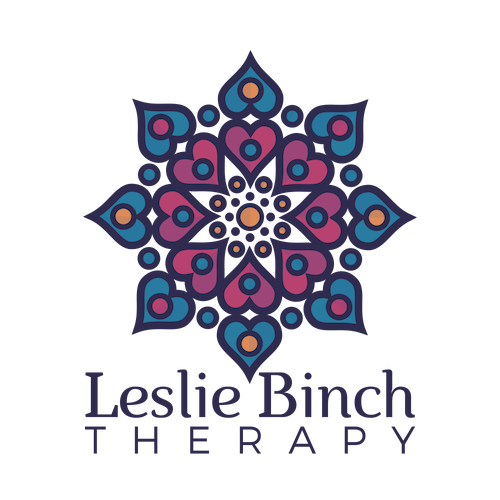FAQS ABOUT TRAUMA
We are lucky to live in an age where any topic can be researched. Whether you have read self-help books, watched a video, or listened to a podcast, chances are you can learn on your own what trauma is. You may have knowledge about what it does to the body and brain, and still not be sure if you have trauma, or just learning about it has not helped your symptoms.
Describing trauma to clients
I often describe trauma to my clients in this way:
• Trauma can be traced to the painful experiences of things that happened to you that shouldn’t have happened, for example “I was bullied, I was abused, I was hurt.”
• And Trauma can be traced to the painful experiences of what needed to happen to you that didn’t happen, for example, “No one watched out for me I needed protection, “No one was there for me, I was alone, I felt abandoned.”
• Additionally, if you witnessed traumatic events that occurred to other members of your family or community, that can create trauma, even if it didn’t happen to you.
Internalizing Trauma
We have a tendency to internalize traumatic experiences, and when this happens it can contribute to believing negative thoughts about ourselves, for example:
• I have no identity, I don’t know who I am.
• I don’t feel I deserve love, support etc., I have to earn it.
• I am a failure.
• I am not good enough.
You may identify with some of these. Trauma keeps us from attending to our own core needs, we lose our sense of aliveness, and we focus externally to in order to fix the inside.
Dysregulation
When we have trauma our nervous systems become dysregulated, and sometimes that leads to addiction to substances, to work, restricting food, overeating food, depression, anxiety and so on. We medicate using disorders and addiction because of nervous system dysregulation.
Dysregulation often can present itself in two ways. We are either on high alert (hyper-arousal) creating anxiety, or the opposite occurs (hypo-arousal) and we feel frozen, numb, and exhausted. Feeling dysregulated can leave us feeling little or no joy in our lives. When trauma goes untreated, you don’t have the capacity to stay in your body or self-soothe on your own.
Working with a trauma therapist
Working with a trauma therapist, like myself, is a path to changing the neurobiology of our nervous systems, in order for you to feel at ease in your body, and not be continually affected by the cycling effects of trauma moving from hyper-arousal and hypo-arousal.

